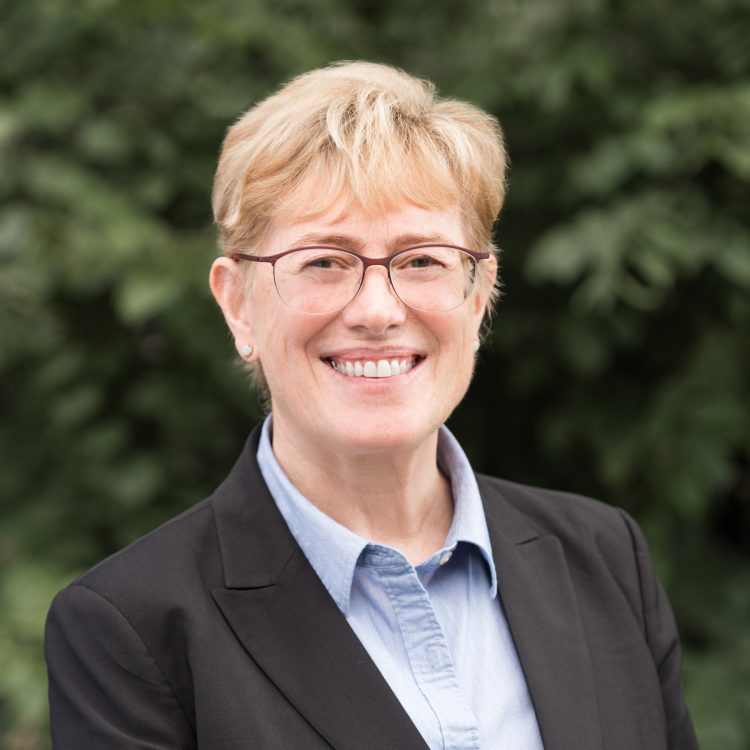New Research by Bostrom and Co-Authors on Social Capital as a Resource for Disaster Preparedness
Posted: 10/4/2023 (CSDE Research)

CSDE Affiliate Ann Bostrom (Evans School of Public Policy) and co-authors recently published an article “Understanding the role of individual- and community-based resources in disaster preparedness” in the International Journal of Risk Reduction. Standard emergency management practice in the U.S measures disaster preparedness as an individual household attribute based on amounts of stocked supplies, hazard mitigation actions, and emergency planning. Such measures generally fail to consider how norms of trust, fairness, and reciprocity, as well as networks of social relationships—that is, social capital—can facilitate coordination and enable sharing and communal action in the face of disaster. The authors’ study assesses how shared resources, social capital, and day-to-day resources (specifically, food and water) could influence earthquake disaster preparedness across different communities. Using Seattle as the site of investigation, the study involved a split-ballot experiment embedded in a mail survey of a random sample of households. These households were stratified by zip codes selected for their contrasting demographics (N = 1340). Half of the households in each zip code answered conventional individualistic measures of disaster preparedness, while the other half answered questions regarding resources they, their family, friends, and neighbors might share. In racial-majority-dominated zip codes, reported preparedness was higher when people were asked to consider shared resources. Disaster preparedness also appeared to be underestimated with the traditional measure. Households with greater bridging social capital (connections with individuals who differ in their social identity but who may share some similar interests) and longer neighborhood tenure also reported higher preparedness. Their findings suggest disaster preparedness efforts should focus on supplementing individual preparedness with daily resources, social capital, and collective shareable community assets—a focus that we call “mainstreaming.”